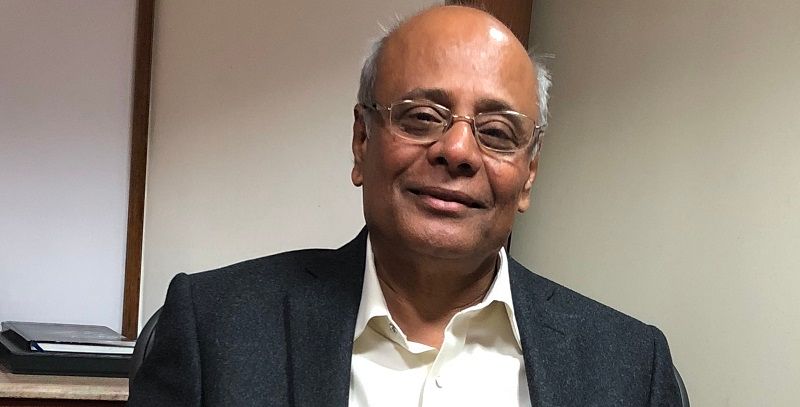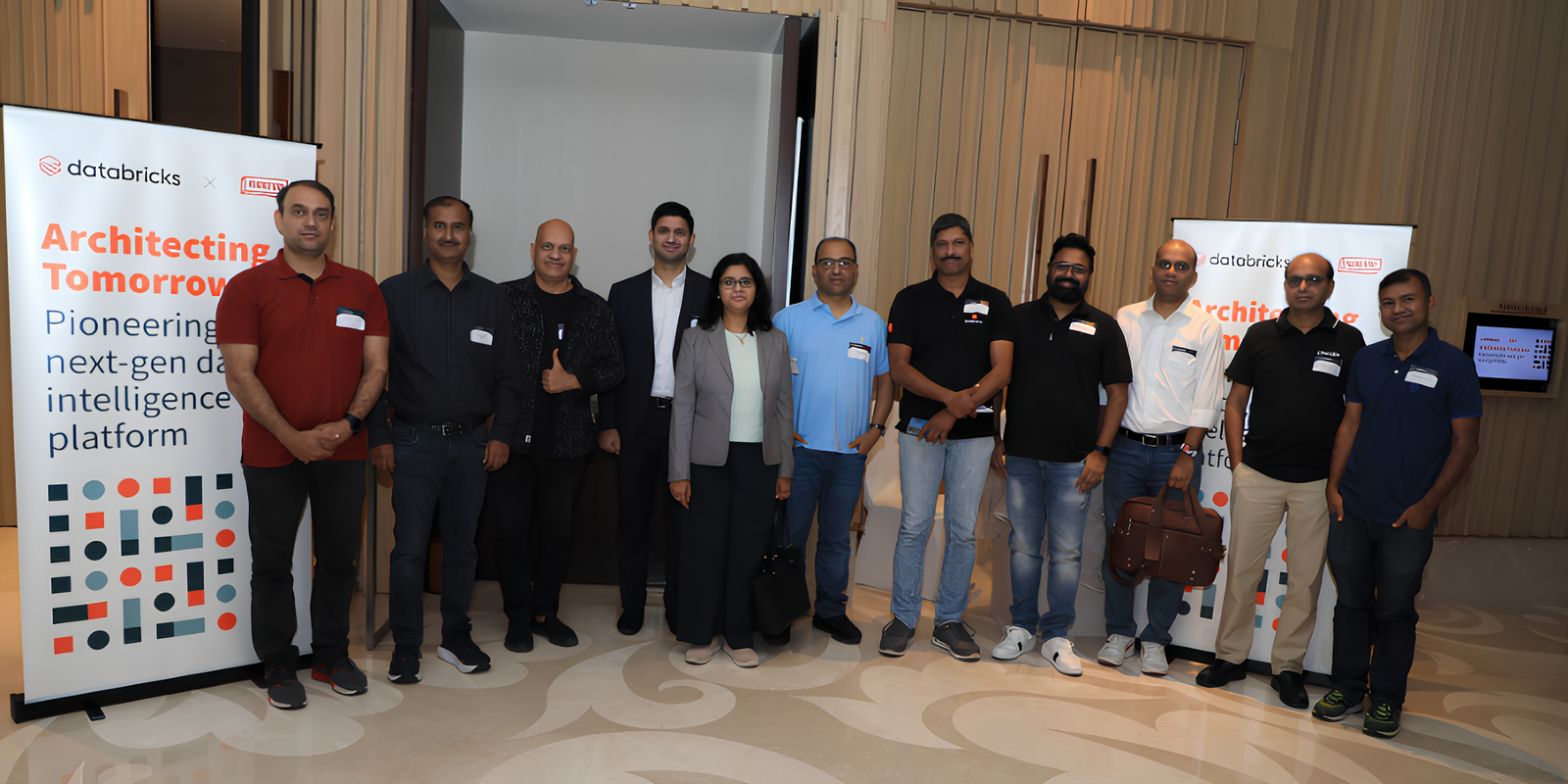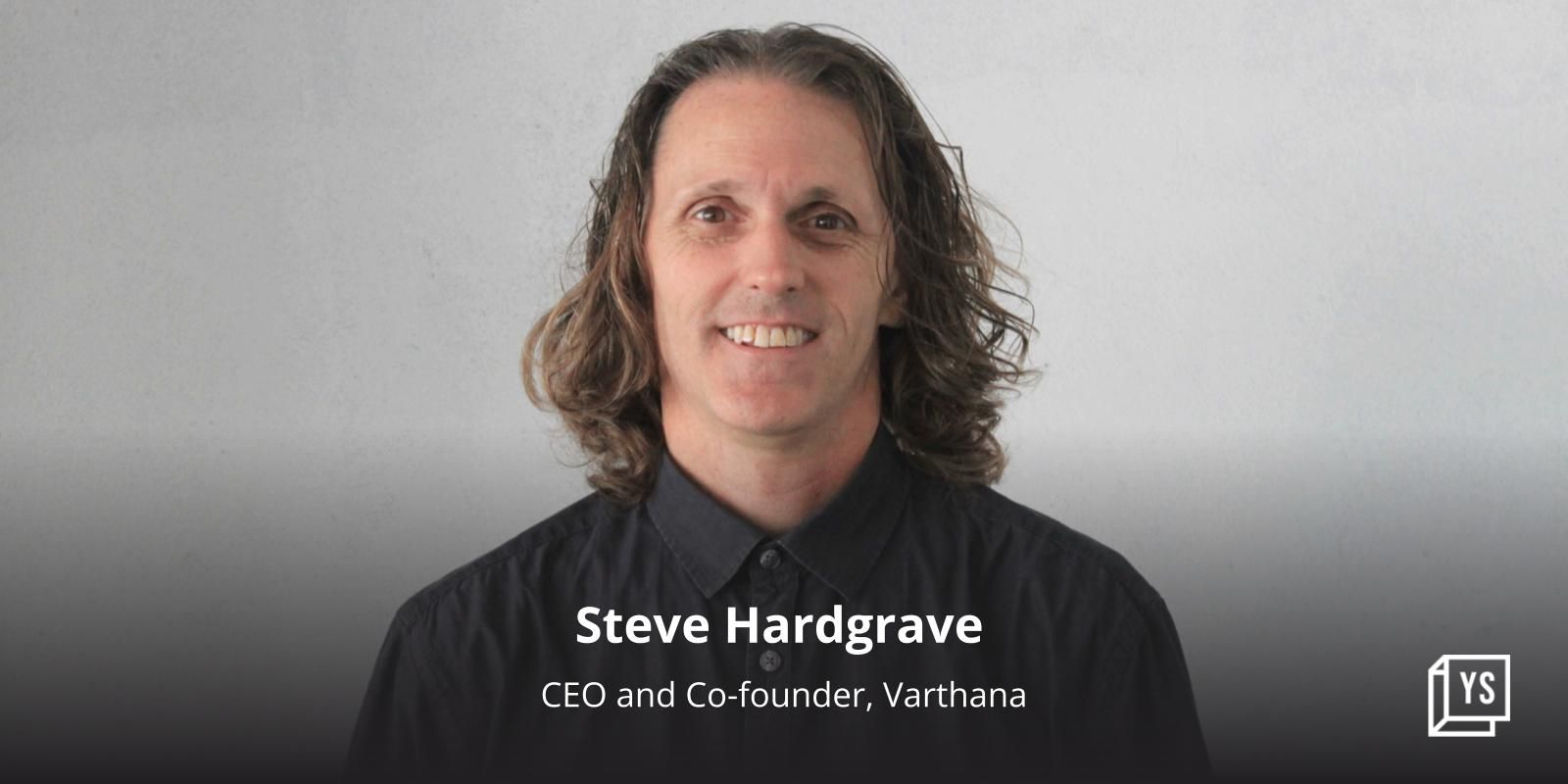The topsy turvy tale of a man who gave Indian researchers streamlined access to 50,000 journals from across the world
Starting with just a few thousand rupees, Sathyanarayana’s Informatics hit a peak of Rs 118 crore revenue in 2012, but fell to just Rs 38 crore next year because of one change in a tax law. Now, the entrepreneur is clawing his way back.
It might be difficult to believe this today, but in the pre-Internet era, researchers would have to wait for days or even months for information to stream in before they could make any progress. In the snail mail era, researchers would send their work to publications, who would take their time to complete a review. Then, you had to wait for those to be delivered to you. Basic information could be had by the tele-printer terminal connected to telephones; detailed papers came by post.
Once the World Wide Web came into being, information retrieval systems could finally provide instant access to information from millions of journals, books, patents and technical reports that would earlier take months. But someone still had to gather the information from those research journals, streamline them and give easy access to educational institutions and researchers. Enter Informatics Publishing.
Informatics’ flagship product J-Gate (www.jgateplus.com) makes published papers in scholarly journals available online in an easily accessible manner.
It was in 1975 that Sathyanarayana, or Sathya to his friends, heard about information systems while working at the Indian Institute of Science. Later, while working at pharma company Smith Kline & French (SK&F) (now GSK) as a librarian, he chanced upon two databases that changed the course of his career.
The 65-year-old founder of Informatics says, “I conceived the idea of providing access to information-as-a-service to Indian researchers using several sources as it could save months of their time. However, I was not sure whether our researchers and institutions would pay for it."
“There were many developments in the field of online information retrieval. My motivation to start Informatics was the desire to get the benefits of these developments to the Indian academic and research community.”

Sathyanarayana, the Founder of Informatics.
J-Gate holds a highly scattered mass of more than 50,000 journals published by more than 10,000 publishers. “While our product indexes every paper from these journals, it also helps users in identifying quality content in their specific disciplines through the ranking options we provide on our search platform,” he says.
There was a clear need for the service at the time. At its peak in 2012, Informatics posted a revenue of Rs 118 crore. Soon after, things went south and posted a revenue of Rs 38 crore in 2013.
In the 2011-12 Union Budget, the Government amended laws relating to tax deduction at source (TDS) on royalty payments by bringing business income on software and digital content under royalty income.
“There is a fine line between income from sale of copyright, and the sale of copyrighted material. The amended law removed this distinction. So, we had to deduct tax (TDS) while paying foreign publishers and service providers of e-content, (but they) refused to let us deduct it,” explains Sathya.
Once the government began taxing digitally imported journals and overseas clients refused to make good on the tax, the company lost half of its revenue and the business built over a decade.
A shock like that would have been enough for a company to give up. Not so with Informatics. Six years down the line, it clocked revenues of Rs 30 crore in FY 2018. This is the story of the turnaround.
Informatics 1.0
When he started in 1975, little did Sathya know that over time, all global journals would be on his platform, and over 500 businesses and universities would be using it.
“The developments in the field of online information retrieval and the desire to get the benefits of these developments to the Indian academic and research community was the motivation to start Informatics,” he says.
The mission was to provide people access to more information and help them to manage and use it better. The un-spelt vision was to help researchers solve research problems from various sources. This vision evolved to create an ‘information infrastructure’ and support service for higher education and research.
The company started with a search service for researchers, and later complemented it by providing research material in the form or research papers and subscriptions to scholarly and technical journals.
Sathya started with just a few thousand rupees and began by connecting with publishers overseas to send information to him digitally. Information would be retrieved at the rate of 20-50 characters a minute and downloading anything was expensive at the time.
Informatics had an early advantage in promoting online information services, and the first public online search facility for international databases was set up in 1989-1992 as a collaborative venture between Informatics and VSNL at the latter’s premises in Mumbai and New Delhi. Soon, Informatics was providing digital library solutions to the education and research community and information management services to organisations in sectors ranging from banking to publishing. Besides distributing global content, Informatics started building information products locally in the mid-1990s. Its market expanded and it witnessed significant growth from 2001.
The business follows two models: The user-pays-model or the sponsor-pays-model (advertiser).
Informatics is in the B2B space as clients are largely institutional and end-users are authorised users. All products and services are offered on user-pays model, where institutions subscribe to the services.
Sathya says his first client was a Bengaluru-based pharma company, which was finding it challenging to improve both the yield and quality of its process to manufacture vitamin C (Ascorbic Acid) tablets. It asked Informatics to search available literature and with appropriate solutions, identified the papers and patents that were potentially relevant to solving the problem at hand.
“A few of the papers and patents they found that were very likely to help in improving their process were in German. We arranged for the translation,” recollects the founder.
Also read: Stay Wrogn always
Informatics 2.0
Sathya’s vision for his 150-member organisation is to build a digital library platform that can effectively manage all types of content, its licensing, aggregation, search delivery, re-purposing (with regard to copyright), and its management at the institutional and individual level.
“Today, we are providing and supporting several components and subsystems of such a digital library system. We have a global vision of our idea and are in the process of preparing a high-level architecture for the platform,” says Sathya.
He adds that after the 2012 tax fiasco, the company had to choose a different business path. “We decided to create our own content products and technology solutions in the digital library domain. We also decided to expand our business in the service segment involving digitisation and we switched to using an open source software suite and developed a publishing platform to help scholarly journal publishers automate their editorial and publishing process,” he says.

A move to the cloud
Informatics’ search system is universal yet localised in its content discovery process. “We internalise our search system for our customers to discover what they have within their system. A group of institutions can use our platform to share their content. Customisation of our products and services at an affordable cost is the key to our success,” says Sathya.
The founder has now decided to take his legacy tech business via the cloud route.
“If old businesses can inspire everyone by going digital, this will inspire several Indians do adapt a digital journey. The government is supporting such businesses to expand globally,” says Mohandas Pai, Chairman of Aarin Capital.
So, if you are a researcher or a manufacturing firm or a pharma company or a student, you may invariably be using Informatics search to find out the right information in global journals.











